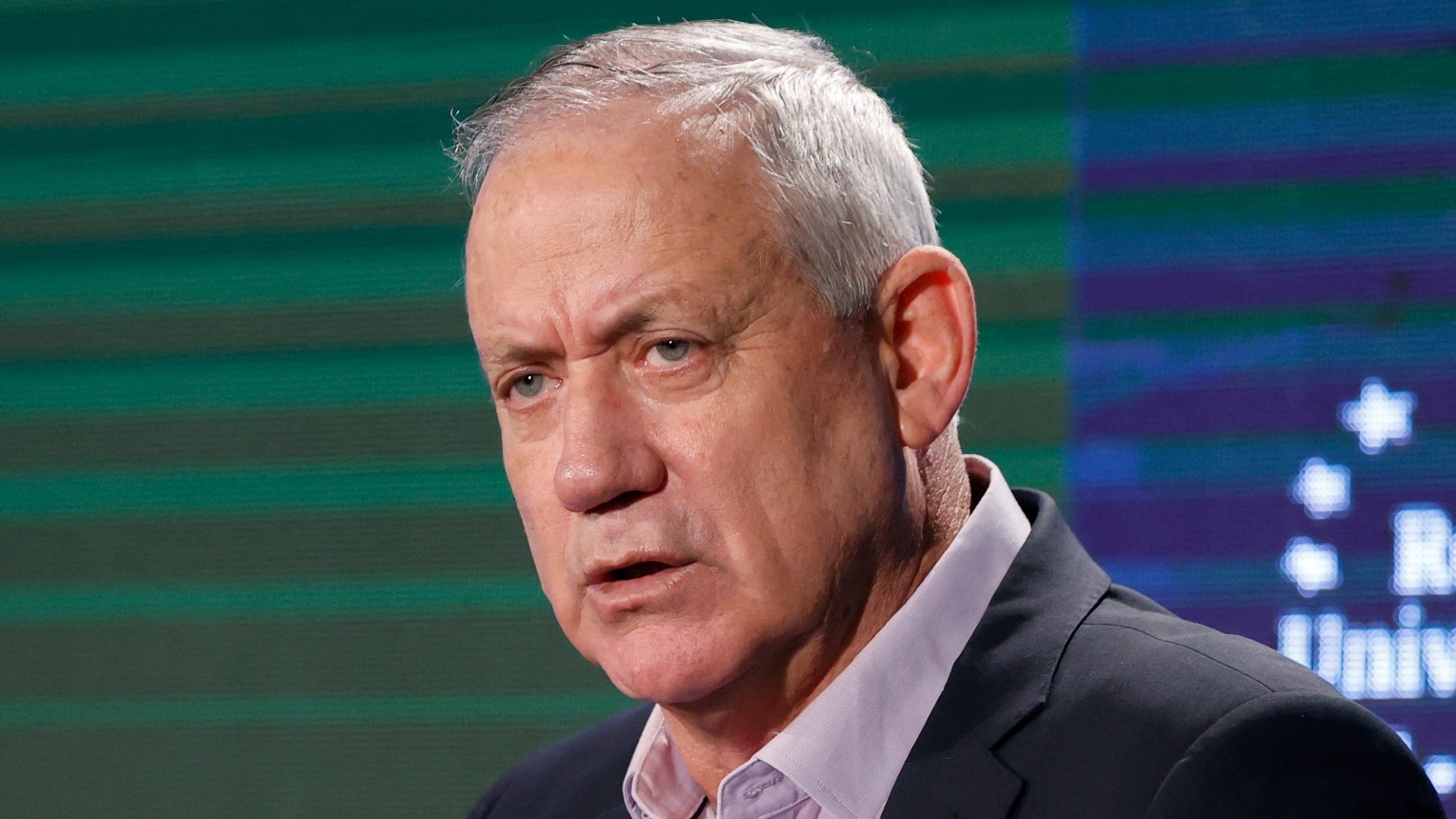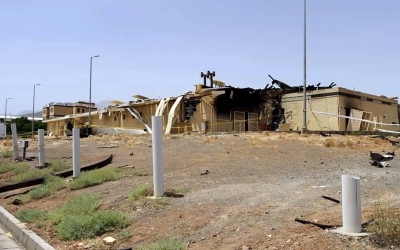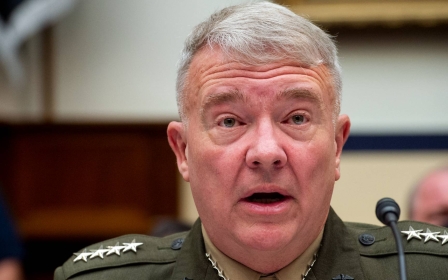Israel's Gantz says Iran deal differences must not upset bipartisan ties with US

Israeli Defence Minister Benny Gantz said on Thursday that Israel must cooperate with the United States over Iran's nuclear programme, and that Israel must work to ensure the alliance between the two countries remains a bipartisan issue in American politics.
"I've been dealing with the Iranian issue since 2007, and we must cooperate with the US on it, ensuring that we are speaking with both sides of the aisle in the US, maintaining bipartisanship and not going into American politics as we have done in the past," Gantz said while on a visit to Morocco, as reported by the Times of Israel.
Gantz said Israel's "responsibility regarding Iran is to influence our partners and have a continuous dialogue", but the country will also continue to build its military strength.
His comments on maintaining bipartisanship in the US are likely in reference to former Prime Minister Benjamin Netanyahu, who favoured the Republican Party and was a vocal critic of then-President Barack Obama's decision to sign the 2015 nuclear deal, also known as the Joint Comprehensive Plan of Action (JCPOA).
The next round of indirect negotiations between Iran and the US over a return to the accord will begin next Monday, after the talks were paused in June due to Tehran's presidential elections.
Gantz said that "a good deal would be a deal which would plug the holes in the current deal regarding nuclear development, launch systems, the agreement's timeline, and what Iran is doing in the area".
The comments from the defence minister follow Prime Minister Naftali Bennett's remarks on Tuesday that Israel would not be bound to the nuclear accord and would maintain its freedom to act against Iran.
"Even if there is a return to an agreement [with Iran], Israel is not a party to it - is not obligated by it," Bennett said.
The two longtime allies have been at odds with each other on how to approach the issue of Iran's nuclear programme. Despite Bennett's initial pledge to only bring up any disagreements regarding the pact during private conversations, in recent weeks Israel has stepped up warnings that it could act militarily against Tehran's atomic work.
On Sunday, The New York Times reported that US officials had warned Israel against continued attacks on Iranian nuclear facilities. Biden administration officials said that, despite these attacks, Iran had rapidly resumed operations - and even upgraded equipment to allow for faster uranium enrichment.
Israeli officials have, however, dismissed the warnings, saying they had no plans to stop sabotage attacks on Iran's facilities.
Israeli officials also told the Wall Street Journal they fear Washington will try to secure a temporary deal with Tehran that would offer the Islamic Republic partial sanctions relief in exchange for freezing or winding back parts of their nuclear work.
Middle East Eye propose une couverture et une analyse indépendantes et incomparables du Moyen-Orient, de l’Afrique du Nord et d’autres régions du monde. Pour en savoir plus sur la reprise de ce contenu et les frais qui s’appliquent, veuillez remplir ce formulaire [en anglais]. Pour en savoir plus sur MEE, cliquez ici [en anglais].





